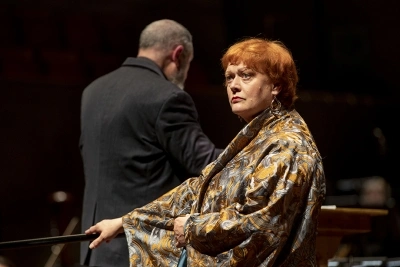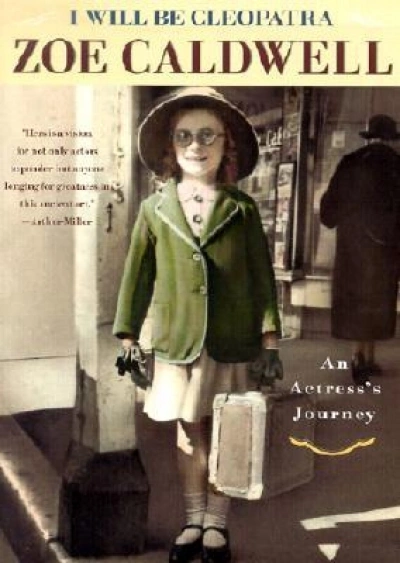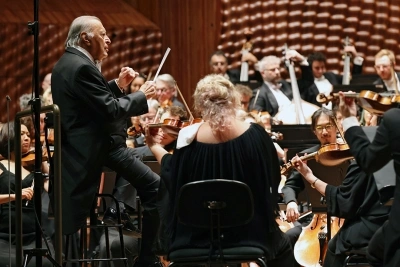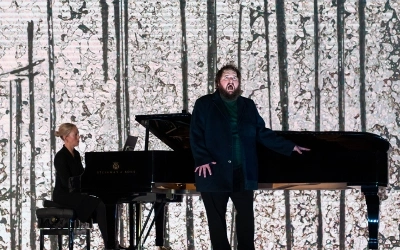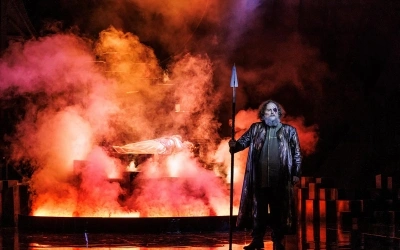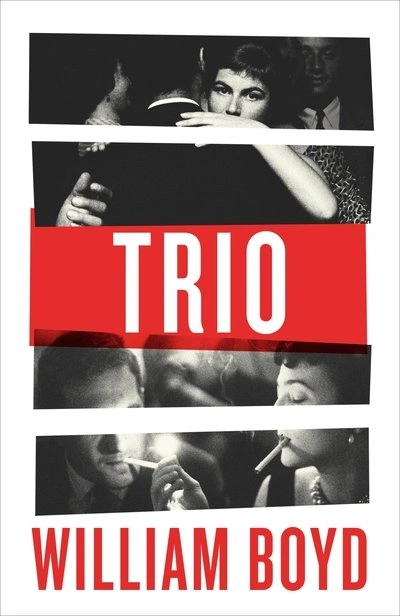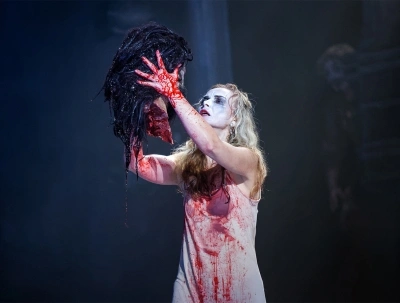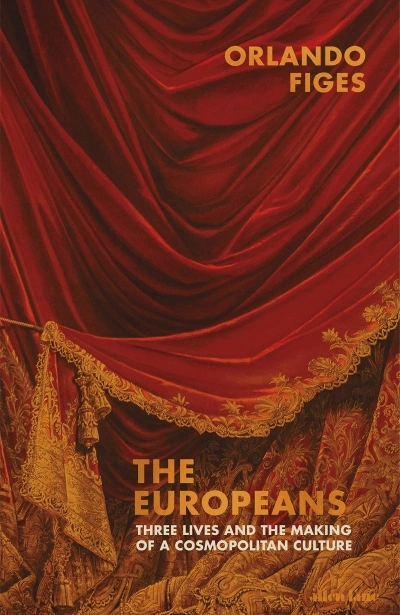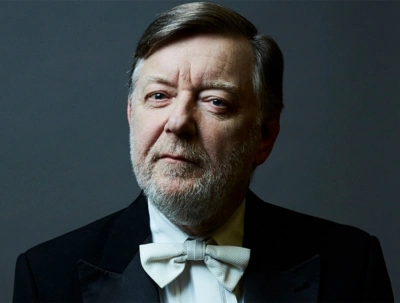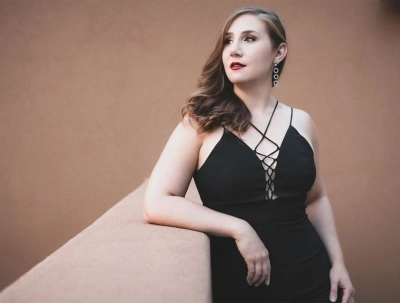Michael Shmith
There are not too many parallels to be drawn between the House of Atreus and the House of Windsor, especially in these mournful times. But I could not help noticing one (admittedly tenuous) connection of memory and circumstance triggered by Victorian Opera’s powerful, almost magisterial one-off performance of Elektra and, later on at home, watching the procession of the Queen’s coffin down the Mall, from Buckingham Palace to Westminster Hall.
... (read more)I Will Be Cleopatra: An actress's journey by Zoë Caldwell
To place the Australian World Orchestra (AWO) in a truly global context, and before I deal with Wednesday night’s triumphant concert in Hamer Hall, I must briefly expand my terms of reference.
... (read more)Forty-four years ago, Andrew Porter, that peerless and prolific music reviewer of The New Yorker magazine, cast a prophecy:
... (read more)I trust I am wrong, but sometimes it seems to me that when Elisabeth Schwarzkopf, Elisabeth Söderström, Peter Pears and Dietrich Fischer-Dieskau retire, lieder singing will become a lost art. There is no one in the younger generation who commands as they do the understanding and the technique that bring German songs to life.
Richard Wagner’s famous pronouncement, ‘Kinder, schafft Neues!’ (‘Children, create something new!’), has often been the inspiration to take daring creative risks, particularly (but not exclusively) with productions of his works. Using The Ring as a starting point, directorial licence has been extended in all sorts of intriguing ways that have, over the years, seen Valkyries roaring around on motorcycles, Rhinemaidens as strutting Victorian doxies, the dragon Fafner at the turret of an army tank, Wotan as a Texan oligarch, Siegfried as a hippie, and Gunther and the Gibichungs as Nazis.
... (read more)For all its intense brevity, Salome is notoriously difficult to stage and perform. Richard Strauss might have adroitly described his opera (first performed in 1905) as ‘a scherzo with a fatal conclusion’, but his great admirer Gustav Mahler was closer to the mark when he said ‘deeply at work in it … is a live volcano, a subterranean fire’. Both points of view were more than justified by this generally fine performance of Salome.
... (read more)The Europeans: Three lives and the making of a cosmopolitan culture by Orlando Figes
The trouble with musical longevity as it affects conductors, especially ones we see often, is they are always the age we expect them to be as against the age they once were. From the vantage point of the present, therefore, it is tempting to regard Sir Andrew Davis as having always been the person he is now; a sort of reverse-Peter Pan whose youth we are incapable of imagining.
... (read more)This charming, persuasive, and glowing concert performance of Hansel and Gretel, part of Andrew Davis’s final Melbourne Symphony Orchestra season before he steps down as chief conductor, more than proved (if proof is required) what an outstanding opera conductor he is. Maybe, in future seasons, when Davis returns as the orchestra’s conductor laureate, there will be more: perhaps Berg’s Lulu, another of the maestro’s favourite operas, which the MSO would perform magnificently.
... (read more)
